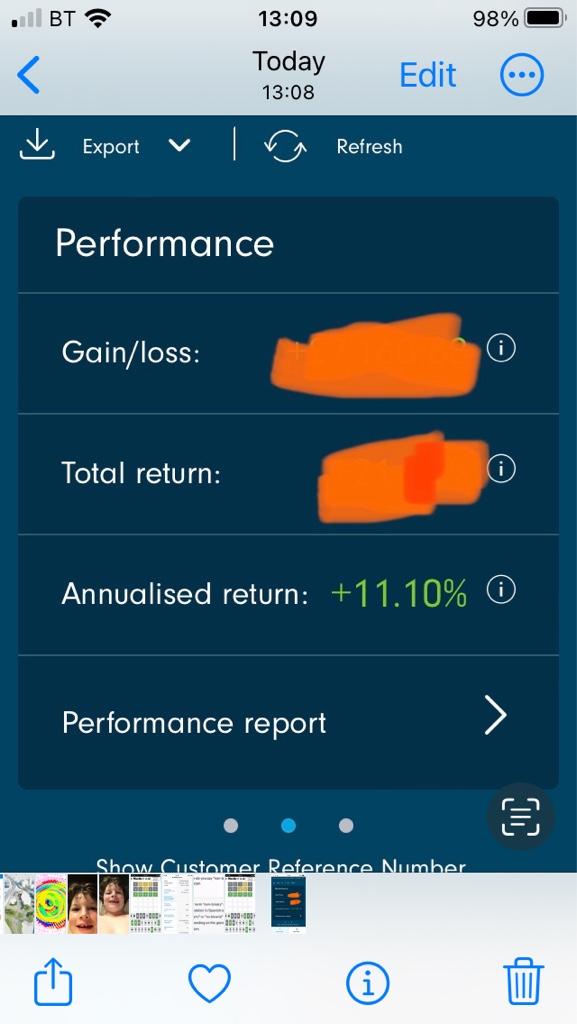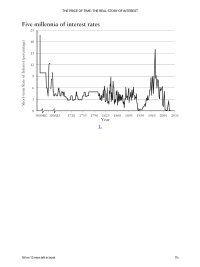Lambeth Cali
Super Poster
VIP Member
I agree that the 700% Woodford went up from 1998 to 2017 is pre fees.0.6% won’t be the end of it. All those funds your FA invests your money into will have their own charges, and those funds might be investing in other funds… and so on. The price you are paying is not opaque.
That is not to say that there aren’t good fund managers. But as FMs, on average, track the market, there will be as many bad FMs as there are good FMs, and success as a FM is largely down to luck rather than judgement.
However, it is essential for there to be FMs for trackers to track the average of all FMs.
I calculate how I’m doing by how much is in my pension. That’s completely opaque as it’s post fees.
I can understand most people’s scepticism about Financial Advisors but mine has averaged 9% post fees which seems good for 0.6%pa.
Your 8.5% seems a little optimistic from trackers.
Btw my current pension saving goes 100% into a US tracker. The US is considerably more energy self sufficient than the EU and UK so while Vladimir is camped out in Ukraine they are expected to do better.
Last edited:




















